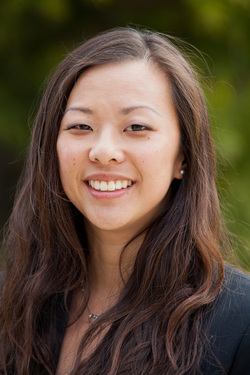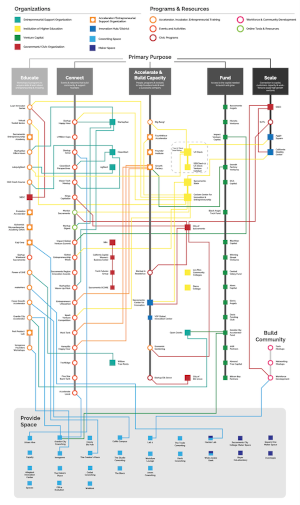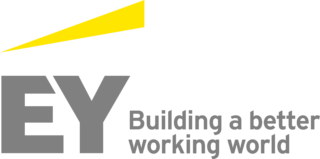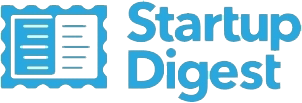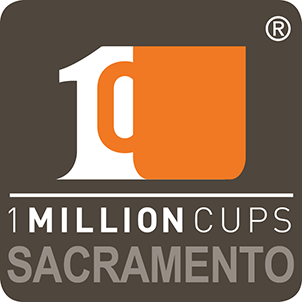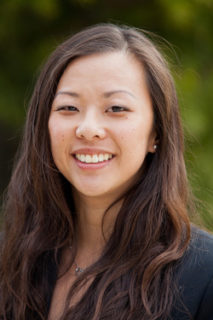
Co-Founder/CEO of ViVita Technologies Maelene L. Wong, PhD
What’s your 30 second pitch to describe ViVita Technologies?
ViVita Technologies is a UC Davis spin-out that aims to address the donor organ and tissue shortage. We have developed a patented, platform process to increase the compatibility of tissues for medical applications. Due to the challenges faced by replacement heart valve recipients, we have focused on this addressable market, but have identified the opportunity for a broad pipeline of tissue and organ replacement products in adjacent markets.
How did the idea come about?
The idea of using animal tissue for medical applications is not new. There are already several uses in the clinic today (e.g. heart valves, vessel patch, hernia repair). However, the challenge and limitation is how to make these tissues compatible with the patient enough to do their job in the body. Tissues are covered with molecules called “antigens” that trigger an attack by your immune system that must be addressed before implantation in the body. For the valve application, a chemical is applied to mask/cover the antigens from recognition by your body. This works in adults for about 10 years in current biological valves, but only 2-3 in children. After this time, a repeat replacement surgery is needed. Can you imagine your child needing another open heart procedure after only 3 yrs since the last one?
Our process removes the triggers themselves from the tissue rather than merely covering them up, thereby increasing biocompatibility and potential longevity in the body. Without getting stuck in all of the science, the inception of our technology came about during my PhD. We were looking at approaches that others have used to try to increase tissue compatibility, and none of them seemed to incorporate some basic principles of protein chemistry. My initial experiments tested whether certain conditions could help promote greater removal of these antigens, and when they seemed to support our hypothesis about the importance of the principles of protein chemistry, my PhD project (and ultimately the core of ViVita) was born!
How did you validate that your solution was viable?
This is an ongoing process! Testing and validation are at the core of science and engineering. Especially with a technology that is intended for eventual use in patients, thorough testing is critical. Proof-of-concept testing of the material at the bench was our first indication that we were on to something that could better remove tissue antigens without destroying its structure and function properties. These were followed with studies in animal models to confirm that the benefits we saw at the bench were indeed associated with improved responses in the recipient. That these studies and their results have been accepted for publication in high-impact scientific journals, which must first undergo peer-review by other scientists to assess the rigor of our methods and interpretation of results, acts as further validation.
What were some key lessons-learned in getting from the initial idea to where you are now.
I think the most important thing that I have learned in my career so far, both as an engineer and aspiring entrepreneur, is to not let things (whether a temporary hurdle or critical feedback) get to you. Unless you are tackling an endeavor that you have worked through before, challenges will arise in spite of your attempts to mitigate them beforehand. Similarly, everyone has an opinion and advice; when you put yourself out there, it will be offered to you, invited or not and constructive or not. The best thing that you can do in these scenarios is to take a step back and try to objectively evaluate the apparent “weakness” to try to determine (1) if it truly is an issue that needs to be addressed, (2) how to overcome it, and (3) what can be learned for improvement next time around. I find that if I can learn something new from an experience, I have benefitted either personally or professionally. This mindset has really helped me work through challenges that I may have otherwise initially deemed insurmountable.
ViVita Technologies reached the final four of the King’s Capitalize competition this past Spring. How did that feel?
Business plan competitions are so much fun, but also challenging because the combination of judges, their backgrounds, and their preferences make it so hard to predict which company they might gravitate towards.
The opening remarks at the Sacramento King’s Capitalize Semi-Finals from Vivek Ranadive and Jack Crawford really conveyed not only how critical building an entrepreneurial ecosystem will be for the future success of the region, but also their mission to see it to fruition. Thirty-two startups across a spectrum of industries and stages of maturity–ALL LOCAL–presented on Tuesday. Any of them would have been a great final four team. For the ten judges to have determined that ViVita represented a promising startup for the Sacramento region was incredibly humbling. As a co-founder and CEO, I wholeheartedly believe in the value of ViVita’s products to usher in regenerative medicine, else I wouldn’t be driving the effort. For the judges to agree is encouraging beyond words.
At the intersection of incredible brain power and resources through UC Davis Biomedical Engineering, UC Davis School of Veterinary Medicine, UC Davis Medical Center, UC Davis Child Family Institute of Innovation and Entrepreneurship, UC Davis Graduate School of Management, MedStart, and the 4 local hospital chains, the Sacramento region is poised to be a hub of MedTech innovation. As a home-grown, tissue engineering and regenerative medicine-based startup, we would love the opportunity at ViVita to help usher in that era for the Sacramento region.
What’s next for ViVita Technologies?
We are working on various fund-raising efforts, which include grants and raising a seed round so that we can establish local wet lab facilities. We will also continue to engage strategic partners to help expand our product development strategy.
Do you have any parting words of advice, inspiration, or encouragement for someone out there who has an idea?
PURSUE IT! You won’t know how something could work out unless you try, and what is the harm in trying? Start small. Get as much feedback as you can from family, friends, and colleagues about your idea. If that gains traction, you can continue to collect feedback and consider next steps. If interest isn’t what you hoped it to be, that’s okay. You can re-visit the drawing board and try again. It hasn’t cost you anything. Unless you move too quickly and make missteps that cost an inordinate amount of time and money, I think that the regret of not trying something when I had the chance would haunt me more than a bruised ego from this early customer research. That being said, Startup Weekend Sacramento is an excellent platform to test out ideas! You’ve only committed a weekend and could walk away with so much more.
For more detail on ViVita Technologies’ background, check out their feature article in Comstock’s Magazine.
See more profiles and interviews of Sacramento startup founders.

